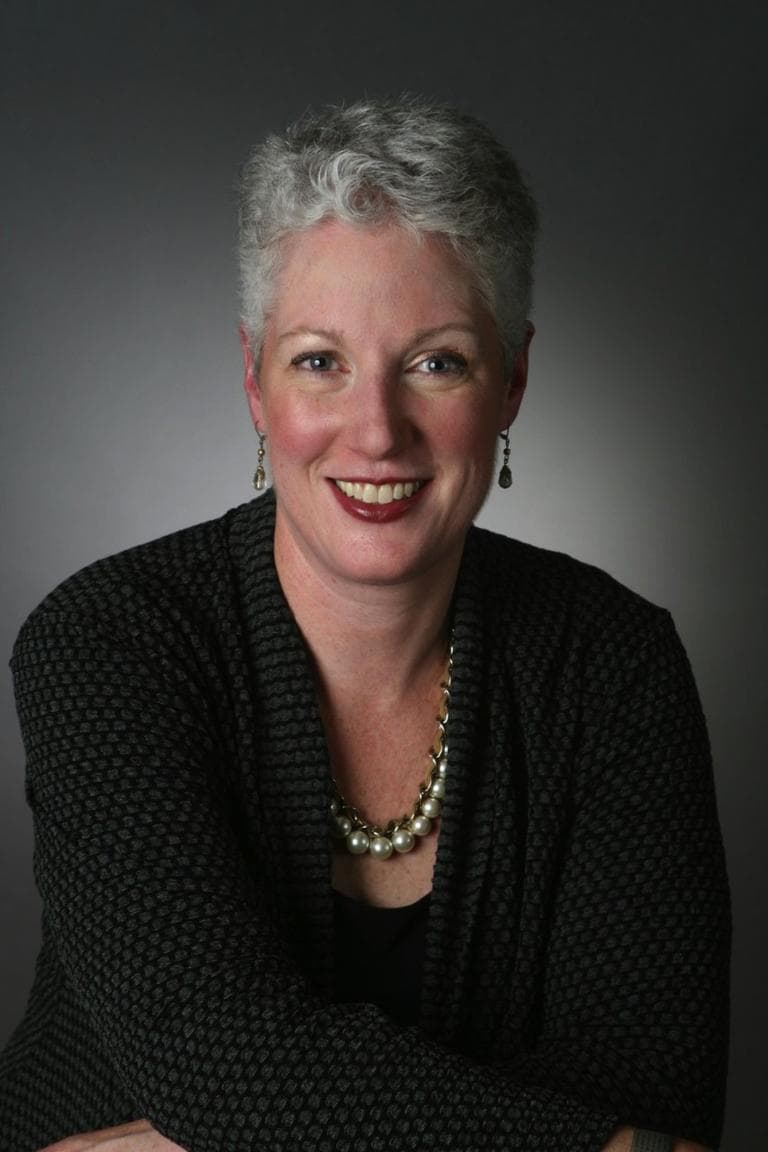Advertisement
StageSource Releases DIG Report On Diversity
StageSource has often referred to itself as the Switzerland of the local theater community. It has helped theater companies, particularly smaller ones, navigate various shoals, but as an umbrella organization of theater companies it tries to stay dispassionate about controversial issues.
There’s nothing dispassionate, though, about its current executive director's commitment to opening theatrical doors to more people of color, women and the disabled. It’s a subject that not everyone in the community is eager to talk about, or re-talk about, as many of the issues have been around for decades.
But Julie Hennrikus says it’s time to start talking about it again as StageSource has just released its Diversity/Inclusion/Gender Parity Report (DIG). So what’s different now?

“There are a couple of things that make this a great time to drive the conversation forward,” says Hennrikus. “One is that it’s a business proposition. We’re seeing diminishing audiences and diminishing funding. We have to make sure that we’re more relevant for more people and reflect the stories that they see in their lives. Second, if we’re not reflecting a larger community we’re not living up to our potential and if we become specialized and rarefied we are not doing our job as theater artists. Boston has become a majority minority city. We’re changing quickly and we need to catch up.”
The problem goes well beyond actors and audiences. In fact this has been quite a good season for plays featuring people of color – “Chinglish,” “Invisible Man,” “You For Me For You,” to name three. "But it’s not a good picture," she says, "when you look at administrators. For the larger theaters, the League of Resident Theaters (LORT. The Huntington Theater Company, American Repertory Theater and Merrimack Repertory Theatre are the three Eastern Mass. companies.) there are only four artistic directors of color and no managing directors. That’s appalling.”
To that point DIG cites the Rooney Rule in professional football:
One idea is to adopt a Rooney Rule for the theater community. From An Interview with [producing artistic director at Playmakers Repertory Company in Chapel Hill, N.C.] Joseph Haj (http://www.howlround.com/interview-with-joseph-haj-by-lauren-keating/ ):
"The Rooney Rule was implemented in professional football in 2003. And, I should say up front that everybody hated it. It stated that when a head coaching position opened, there must be a minority candidate interviewed for the job. The owners hated it because they didn't want to be told what to do. Minority coaches hated it because they didn't want to be anyone's token. And now, here we are almost ten years later, and the Rooney Rule is an unqualified success. What happened was, these candidates of color would come, and impress, and the team would still hire the other guy, the white guy, they originally had in mind. But, a few years later, when the job opened up again, they'd come back to the impressive candidate whom they didn't hire the first time, and he'd get the job. There have been twenty-one black head coaches in the NFL; fourteen of those have been hired since the Rooney Rule came into effect. Today, one in six NFL teams is led by minority Head Coaches."
What would happen if a managing director or a board stopped before hiring staff and asked themselves "have I considered a candidate of color? Have I considered a woman? Have I been open to hiring a person with a disability?"
What would happen if every artistic director, when planning a season, asked himself "have I considered a playwright of color? Have I considered a female playwright? Does our season reflect another cultural lens? Have I considered a director of color, and a female?" And what systems can we put in place to measure accountability with an initiative like this?
Hennrikus mentions a student who sent her a blog post asking what arts leaders and Republicans have in common. First she laughed and then she thought, “ ‘Oh, God, he’s right.’ We need to remove our lens and have hard conversations about how to make this better.”
She added, “Sometimes it’s a matter of how welcome you make people feel. We need to spread the word that theater isn’t castor oil, it’s a joyful experience that in the best of circumstances that can change your life and at the least can entertain you.”
Click here for the full report.
This program aired on February 28, 2013. The audio for this program is not available.
